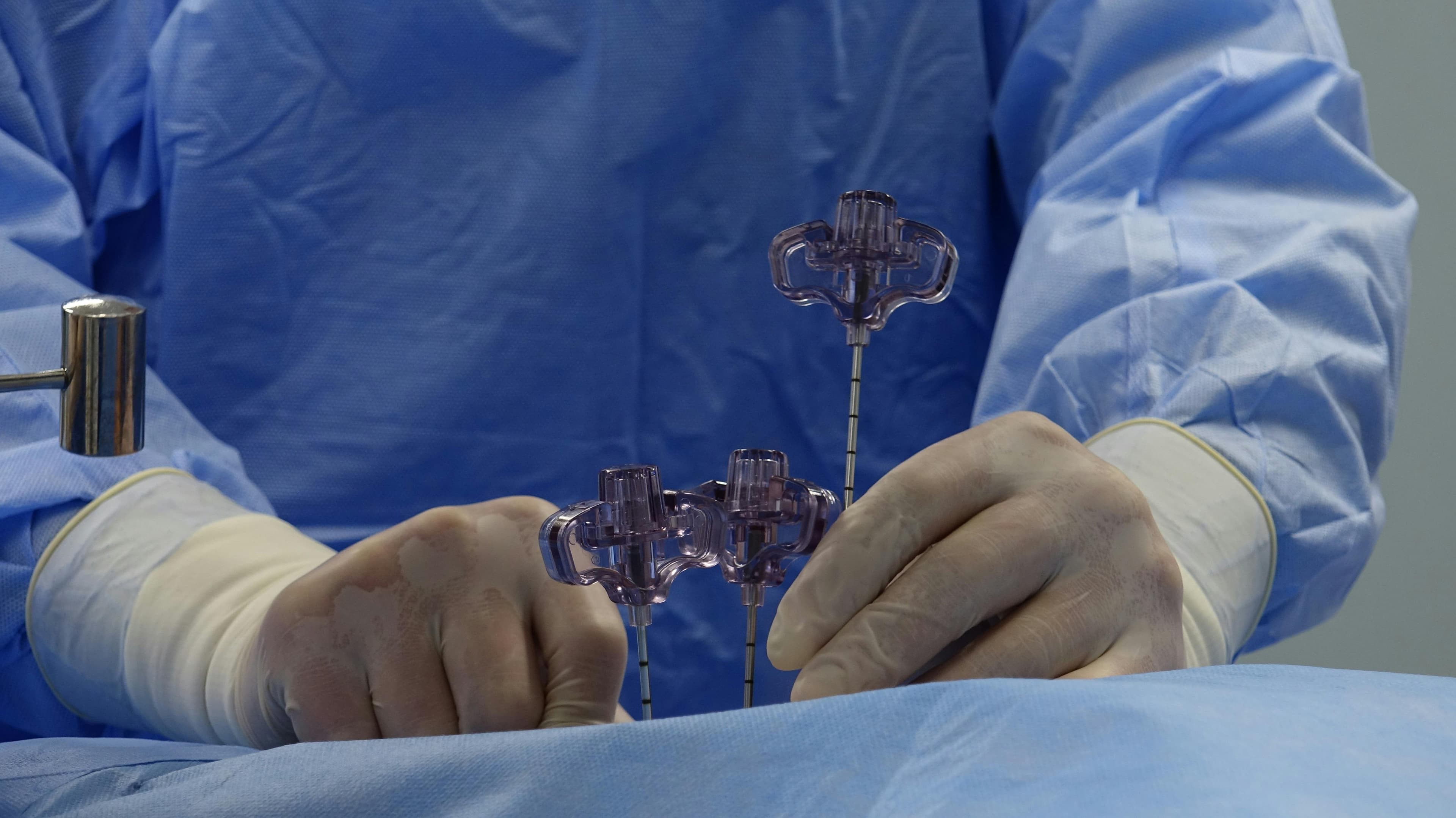Alternatives to Shoulder Replacement: Exploring Non-Surgical and Minimally Invasive Options
Published on September 9, 2024
Key Takeaway
While shoulder replacement surgery can be effective for severe cases, there are several non-surgical and minimally invasive alternatives that may provide relief for patients with shoulder arthritis or rotator cuff injuries.
Introduction
Shoulder replacement surgery has long been considered the gold standard for treating severe shoulder arthritis and certain rotator cuff injuries. However, as medical technology and techniques advance, patients now have access to a variety of alternatives that may help them avoid or delay major surgery. In this article, we'll explore these options and discuss their potential benefits and limitations.
Conservative Treatment Options
Before considering any surgical intervention, it's essential to explore conservative treatment options. These non-invasive approaches can often provide significant relief and improved function:
- Physical therapy and targeted exercises
- Activity modifications
- Anti-inflammatory medications
- Corticosteroid injections
- Regenerative medicine treatments (e.g., platelet-rich plasma therapy)
According to a study by Smith et al. (2021), many patients with shoulder osteoarthritis can achieve substantial improvements through these conservative measures before considering surgery.
Arthroscopic Procedures
When conservative treatments fail to provide adequate relief, minimally invasive arthroscopic procedures may be the next step. These techniques allow surgeons to address various shoulder issues through small incisions:
- Arthroscopic debridement and synovectomy
- Capsular release
- Rotator cuff repair
- Subacromial decompression
Lubowitz (2015) notes that shoulder arthroscopy can be a safe and effective alternative to arthroplasty in patients under 60 years of age with glenohumeral arthritis, particularly when joint space is greater than 2 mm.

Biological Augmentation Techniques
Emerging biological treatments aim to enhance the body's natural healing processes and may offer alternatives to traditional shoulder replacement:
- Stem cell therapy
- Growth factor injections
- Acellular dermal matrix grafts
A study by Gbejuade et al. (2022) found that using acellular dermal matrix grafts for massive irreparable rotator cuff tears in elderly patients without arthritis led to significant improvements in pain scores and shoulder function.
Partial Joint Resurfacing
For patients with localized cartilage damage, partial joint resurfacing techniques may be an option:
- Humeral head resurfacing
- Glenoid resurfacing
- Interpositional arthroplasty
Ross et al. (2020) reported promising results using a recessed mini-glenoid implant as an alternative to total shoulder replacement, demonstrating reliable clinical outcomes and satisfactory implant survivorship at medium to long-term follow-up.
Novel Implant Designs
Advancements in implant technology have led to the development of new designs that may serve as alternatives to traditional shoulder replacement:
- Stemless humeral components
- Pyrocarbon implants
- Resurfacing implants
A study by Romeo et al. (2020) found that a stemless, canal-sparing humeral prosthesis (Arthrex Eclipse) showed comparable outcomes to a traditional stemmed implant at 2-year follow-up.

Conclusion
While shoulder replacement surgery remains an important option for severe cases, the landscape of treatment alternatives continues to evolve. From conservative measures to cutting-edge biological treatments and innovative implant designs, patients and surgeons now have a broader range of options to consider. It's crucial to work closely with an experienced orthopedic specialist to determine the most appropriate treatment path based on individual factors such as age, activity level, and the specific nature of the shoulder condition. By exploring these alternatives, many patients may find effective relief and improved function while potentially avoiding or delaying the need for total shoulder replacement.